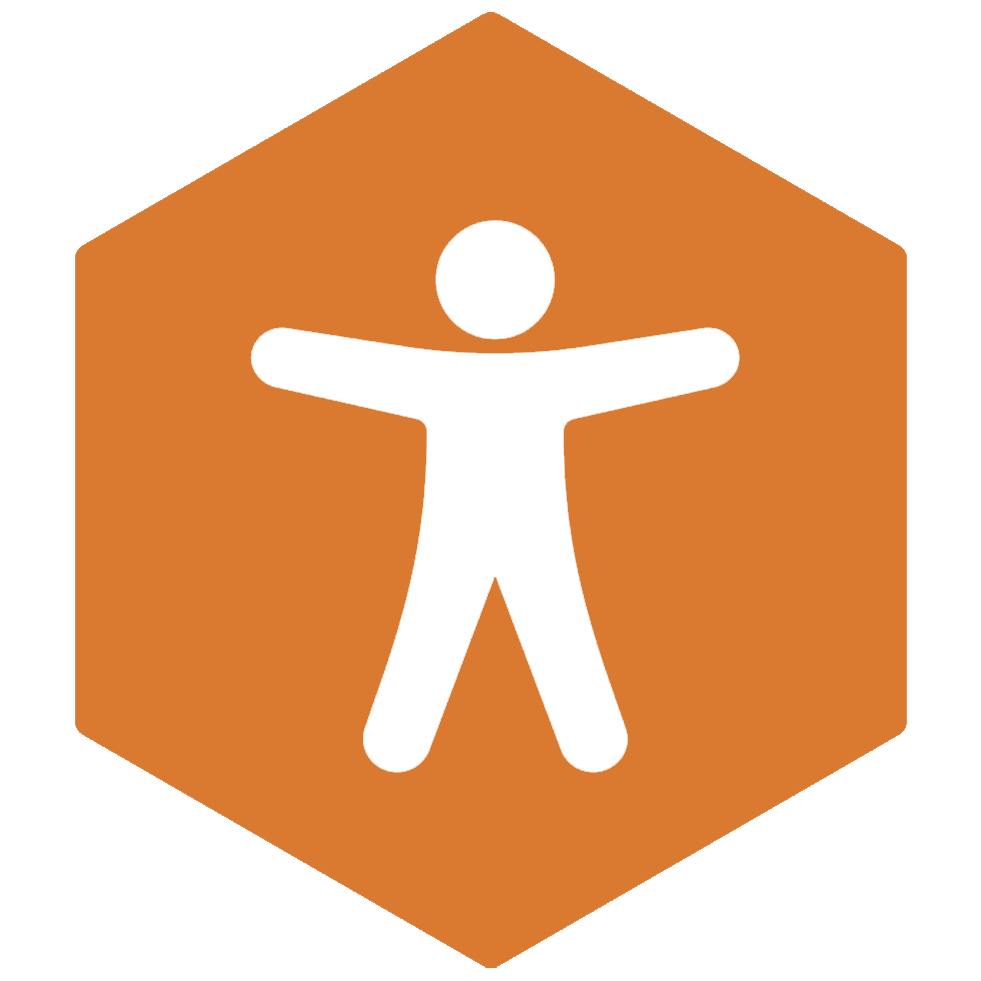Hear from HeX’s Creative Director on why Digital Accessibility Matters to him and what organisations can do to become more inclusive.
Why does digital accessibility matter?
If you wander down the street and take a look around, digital is all around us. However, unfortunately, the digital world isn’t fully accessible. Yes, there are some good websites out there but sadly, there’s too many bad ones. Even some of the biggest names in the world still aren’t accessible. So, it’s important to drive the message about digital accessibility forward in order to create an inclusive world that is free from barriers for everyone.

What does digital accessibility mean to you personally?

On a day-to-day basis, I use assistive technology. I have captions on all of my online streaming, I use dark mode on my applications, and I use a filter to slightly change the colour on a screen to make it easier to read content.
Being dyslexic, I find that a large amount of content is tough for me to consume. If I see any blocks of large text, I switch off straight away. I would rather watch a video or listen to audio to help me to digest and interact with the content. I also struggle with poorly structured content, such as justified text. This is because the justification creates different gaps, which just doesn’t allow it to flow right for me.
How does HeX Productions help organisations in becoming accessible?

We are very lucky at HeX as we get to speak with all of our clients. We get to talk through their barriers and discuss why their websites are inaccessible. It’s always heartbreaking to hear that someone has just put an overlay on or a toolbar to make things accessible, when really, that doesn’t do anything.
We make sure that all of the platforms we design and develop are tested by users with disabilities and with assistive technology to make sure it’s accessible. We also use assistive tech to demonstrate why this is important to our clients. It’s so important for people to be part of the accessibility journey; we don’t just want to tell people what the problem is, we want to show them why and talk them through the steps needed to fix the issues.
Are there any quick wins that organisations can do to become more digital accessible?
What are your hopes in the future for digital inclusion?

My hopes and dreams for inclusion is making sure that people implement accessibility from the start. Accessibility isn’t just an added bonus and isn’t something you should have to pay extra for. It should be a standard.
Ideally, we don’t want to have to audit any websites, we want to just know that they are going to be accessible. This is why the Digital Accessibility Matters campaign has been running. Our team wants to make people aware of what barriers people face online, to create an online world that is accessible and make sure that everyone is included.
